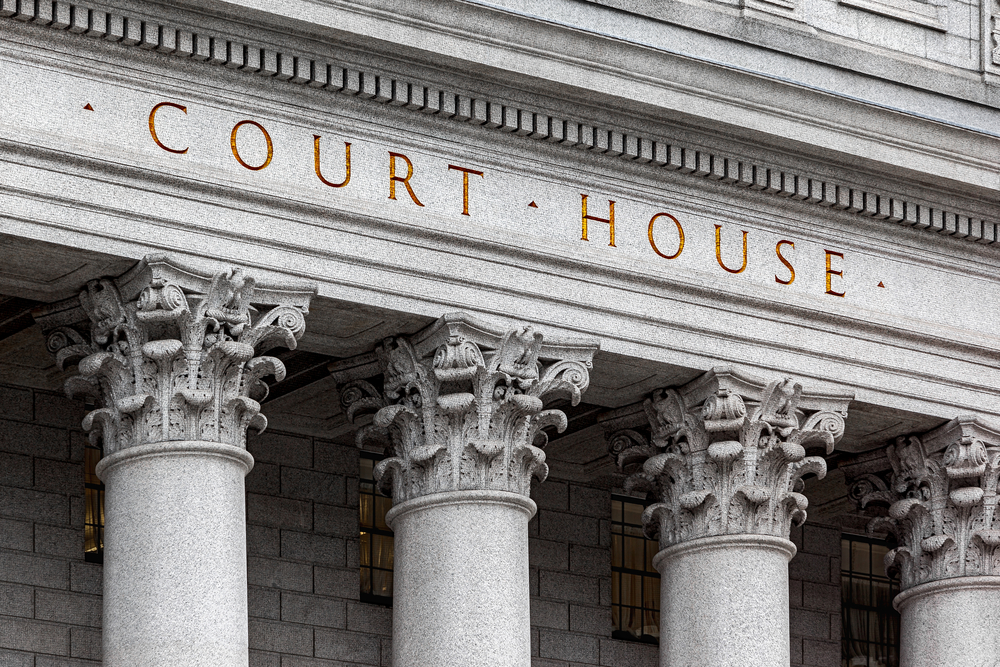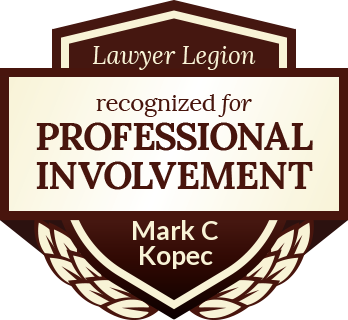Withdraw Admissions: Goldstein v. Bierer
The Baltimore Medical Malpractice Lawyer Blog discusses Maryland civil litigation appellate opinions that involve issues commonly found in medical malpractice cases. In this post, I examine the issue of attempting to withdraw admissions under Maryland Rule 2-424. The case is the Appellate Court of Maryland’s September 26, 2025, unreported opinion in Goldstein v. Beirer, No. 952.
Factual Background
A former client brought a pro se complaint against his former lawyer in the Circuit Court for Baltimore City, alleging negligence for failing to renew judgments. In discovery, the defendants propounded a request for admissions under Maryland Rule 2-424. The requests included ones that defeated the plaintiff’s claim, if admitted. (Op. at 3).
The Rule also emphasizes the significance of timely responses, stating that each matter of which an admission is requested shall be deemed admitted unless, within 30 days after service of the request . . . , the party to whom the request is directed serves a response signed by the party or the party’s attorney. The Rule adds that any matter admitted under this Rule is conclusively established unless the court, on motion, permits withdrawal or amendment. The court may permit withdraw or amendment of admissions if the court finds that it would assist the presentation of the merits of the action, and the party who obtained the admission fails to satisfy the court that withdrawal or amendment will prejudice the party in maintaining the action or defense on the merits. (Id.).

Late Response
The plaintiff responded to the requests 22 days late and denied the ones that would have defeated his claim. The defendant then filed a motion for summary judgment, arguing that the requests were admitted due to the plaintiff’s failure to respond timely. The court held a hearing on the motion, then postponed it so that the plaintiff could obtain counsel. Before the hearing, the plaintiff’s lawyer filed an answer to the motion for summary judgment, and five days before the rescheduled hearing, he filed a memorandum in support. In the memorandum, the plaintiff argued that the court should excuse his failure to respond on time because he was pro se, living in Florida, and had responded 22 days after the deadline. He noted that Rule 2-424 allows for the withdraw of admissions and requested that the court deny the summary judgment. (Id. at 4-5).
Hearing
At the hearing, the court stated that it had not received the plaintiff’s memorandum. The plaintiff did not submit another copy or state that he wanted to withdraw or amend the admissions. (Id. at 5).
The defendants contended that the plaintiff had never requested that the admissions be withdrawn or amended. The defendants also argued that if the court were to allow withdrawal, it would prejudice them because they were a month from an extended discovery date. In response, the plaintiff did not indicate that he had sought to have the admissions withdrawn. He argued that the Rule does not intend a request for admissions to create a judgment against an unrepresented plaintiff based on a technicality. (Id. at 6).
The court allowed the admissions to stand and ruled that the defendants were entitled to summary judgment. (Id. at 6-7). After the court denied the plaintiff’s motion to alter or amend, the plaintiff appealed. (Id. at 7-8).
Appellate Court on Withdraw of Admissions
The Appellate Court first noted that the Rules limited the appeal to the issues raised in the motion to alter or amend. (Id. at 9). The court also emphasized that Rule 2-424 states that the trial court “may” permit the withdrawal or amendment of admissions. This language affords the trial court a significant amount of discretion in making the determination. (Id. at 11-12).
The court stated that the plaintiff was required to diligently and timely seek any relief from the court related to the admissions. The plaintiff filed its memorandum four months after the response to admissions was due and two months after the defendant filed his motion for summary judgment. (Id. at 12-13). The Appellate Court concluded that the trial court did not abuse its discretion and affirmed the decision. (Id. at 15).
Commentary by Baltimore Medical Malpractice Lawyer Mark Kopec on Withdraw of Admissions
Many factors can influence courts’ decisions, including ones the court does not expressly discuss. In this case, the Appellate Court focused on the plaintiffs’ delay in seeking to withdraw the admissions.
The plaintiff made decisions that contributed to the loss in this case. First, the plaintiff appears to be a sophisticated investor, but chose to bring this case initially without a lawyer. The savvy defense lawyers propounded requests for admission on the plaintiff’s burdens, knowing that they are often a trap for unrepresented parties. It worked perfectly, and the plaintiffs’ failure to respond to the admissions set the stage for the defense motion for summary judgment, which ultimately won the case.
At that point, however, the plaintiff still had a path to undo the damage. Unfortunately, the plaintiff’s lawyer’s appearance was not entered until almost 2 months after the defendant filed the motion for summary judgment.
Courts will often excuse a failure if the party attempts to remedy it as soon as possible. Here, the plaintiff delayed in trying to remedy the failure.
The plaintiff lost this case in the trial court. Given the broad discretion allowed to the trial court, the plaintiff had no realistic chance of winning this appeal.
Causation
In addition to withdraw of admissions, there was another potential problem for the plaintiff. The defense had argued in the alternative that the plaintiff was unable to prove the proximate cause of damages. The plaintiff would’ve had to prove that had the defendant renewed the judgments, the plaintiff would have successfully collected on them.
Suppose the plaintiff had not been able to collect on the judgments during the initial 12-year period. How would he prove that he would’ve been successful in collecting during a renewed period? The defense believed he could not, but the court did not reach that argument.
For additional posts, see the discovery category.
Mark Kopec is a top-rated Baltimore medical malpractice lawyer. Contact us at 800-604-0704 to speak directly with Attorney Kopec in a free consultation. The Kopec Law Firm is in Baltimore and helps clients throughout Maryland and Washington, D.C. Thank you for reading the Baltimore Medical Malpractice Lawyer Blog.





